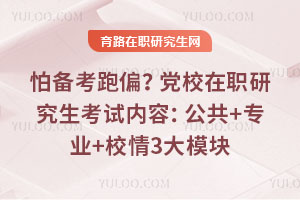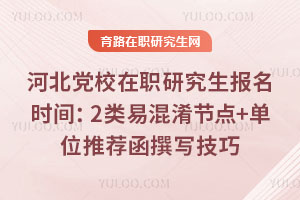- 微信公眾號

政策解讀
- 微信小程序

快速擇校

政策解讀

快速擇校
Early in the age of affluence (富裕) that followed World War II, an American retailing analyst named Victor Lebow proclaimed, "Our enormously productive economy...demands that we make consumption our way of life, that we convert the buying and use of goods into rituals, that we seek our spiritual satisfaction, our ego satisfaction, in consumption... .We need things consumed, burned up, worn out, replaced and discarded at an ever increasing rate."
Americans have responded to Lebow's call, and much of the world has followed.
Consumption has become a central pillar of life in industrial lands and is even embedded in social values. Opinion surveys in the world's two largest economies—Japan and the United States—show consumerist definitions of success becoming ever more prevalent.
Overconsumption by the world's fortunate is an environmental problem unmatched in severity by anything but perhaps population growth. Their surging exploitation of resources threatens to exhaust or unalterably spoil forests, soils, water, air and climate.
Ironically, high consumption may be a mixed blessing in human terms, too. The time-honored values of integrity of character, good work, friendship, family and community have often been sacrificed in the rush to riches.
Thus many in the industrial lands have a sense that their world of plenty is somehow hollow—that, misled by a consumerist culture, they have been fruitlessly attempting to satisfy what are essentially social, psychological and spiritual needs with material things.
Of course, the opposite of overconsumption—poverty—is no solution to either environmental or human problems. It is infinitely worse for people and bad for the natural world too. Dispossessed (被剝奪得一無所有的) peasants slash-and-burn their way into the rain forests of Latin America, and hungry nomads (游牧民族) turn their herds out onto fragile African grassland, reducing it to desert.
If environmental destruction results when people have either too little or too much, we are left to wonder how much is enough. What level of consumption can the earth support? When does having more cease to add noticeably to human satisfaction?
1. The emergence of the affluent society after World War II .
A. led to the reform of the retailing system
B. resulted in the worship of consumerism
C. gave rise to the dominance of the new egoism
D. gave birth to a new generation of upper class consumers
2. Apart from enormous productivity, another important impetus to high consumption is______.
A. the people's desire for a rise in their living standards
B. the concept that one's success is measured by how much they consume
C. the imbalance that has existed between production and consumption
D. the conversion of the sale of goods into rituals
3. Why does the author say high consumption is a mixed blessing?
A. Because poverty still exists in an affluent society.
B. Because overconsumption won't last long due to unrestricted population growth.
C. Because traditional rituals are often neglected in the process of modernization.
D. Because moral values are sacrificed in pursuit of material satisfaction.
4. According to the passage, consumerist culture .
A. will not alleviate poverty in wealthy countries
B. will not aggravate environmental problems
C. cannot thrive on a fragile economy
D. cannot satisfy human spiritual needs
5. It can be inferred from the passage that .
A. human spiritual needs should match material affluence
B. whether high consumption should be encouraged is still an issue
C. how to keep consumption at a reasonable level remains a problem
D. there is never an end to satisfying people's material needs
參考答案:BBDDC
特別聲明:①凡本網注明稿件來源為"原創"的,轉載必須注明"稿件來源:育路網",違者將依法追究責任;
②部分稿件來源于網絡,如有侵權,請聯系我們溝通解決。

公共管理專業通過同等學力類型招生的熱門院校有中國社會科學院研究生院、湖南大學等。公共管理專業通過國際碩士類型招生的熱門院校主要有菲律賓國父大學、菲律賓永恒大學和...

護理學在職研究生學校有錦州醫科大學、新鄉醫學院、鄭州大學、中南大學、南方醫科大學、南京醫科大學、江南大學等,您可以結合招生方式、學費、學制等方面選擇適合自己的學...

黨校在職研究生考試內容無全國統一考試大綱,考試內容隨中央、省級、市級黨校層級差異顯著,核心圍繞“理論+校情+實操”三類科目展開:公共科目必考《馬克思主義理論》,...

河北黨校在職研究生報名時間分層級差異:河北省委黨校(省級)常規報名期為每年3-4月,地市黨校(如石家莊、保定等)多為4-5月,均采用“集中報名+現場確認”模式,...

環境與資源保護法學非全日制研究生考試時間初試時間非全日制研究生與全日制研究生執行統一考試標準,初試時間為每年12月下旬。

憲法學與行政法學同等學力申碩考試時間課程結業考試時間:以同等學力申碩方式報考憲法學與行政法學在職研究生,一般大專及以上學
評論0
“無需登錄,可直接評論...”